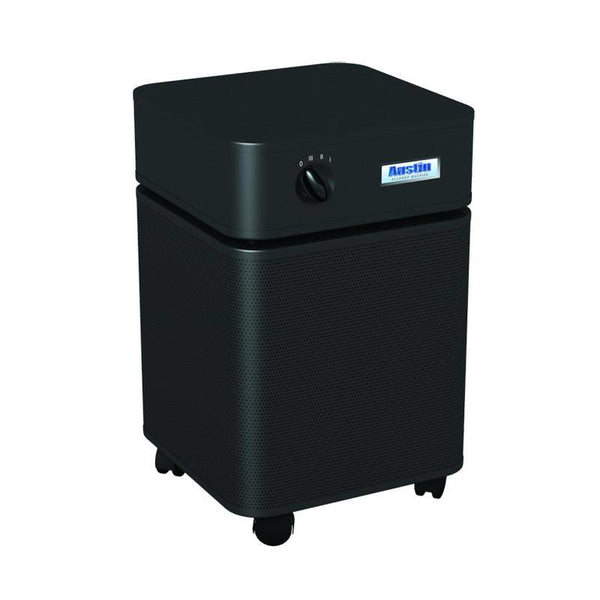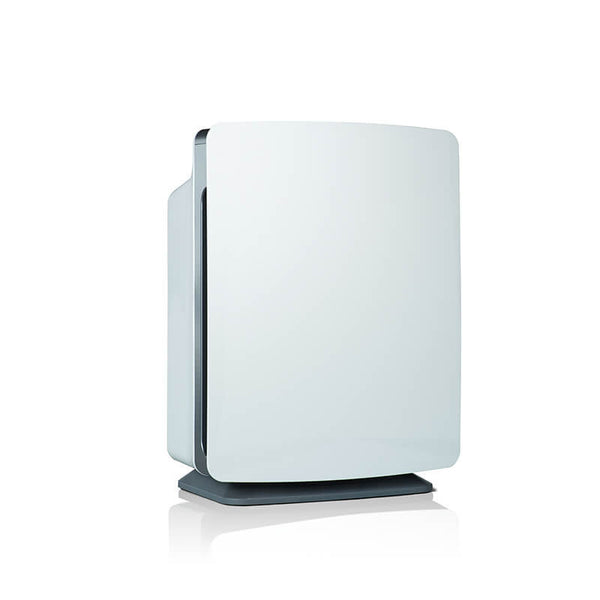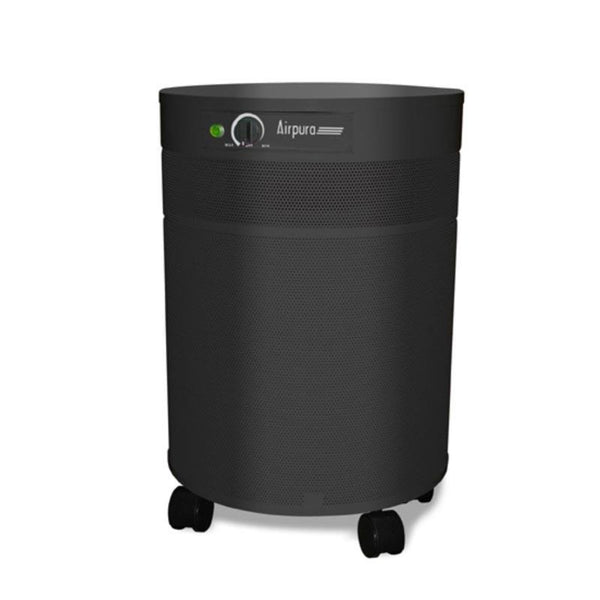Sitting by a bon fire, wood burning stove, or fireplace may smell good, but it’s not good for you.
Where Are You Being Exposed to Smoke?
Smoke expsoure can come through many direct and also indirect sources. Camp fires, fire places, wood burning stoves are all common culprits. However, smoke from grass and forest fires can also carry particulates into your air from miles away. If you can smell it, you are being exposed to lingering smoke particles in the air.
Health Effects of Wood Smoke
Smoke is made up of a complex mixture of gases and fine particles produced when wood and other organic matter. The further you are from the source of the smoke, the less of a concern the chemicals will be. If you have a wood burning stove indoors, chemicals in the wood can diffuse into your room. However, if you are 10 miles from a forest fire, ash and soot will be the bigger concern. The biggest health threat from smoke almost always comes from fine particles (also called particulate matter or PM). These microscopic particles can get into your eyes and respiratory system, where they can cause health problems such as burning eyes, runny nose, and illnesses such as bronchitis. Fine particles also can aggravate chronic heart and lung diseases—and are linked to premature deaths in people with these chronic conditions.
Some people are more susceptible than others:

If you have heart or lung disease, such as congestive heart failure, angina, chronic obstructive pulmonary disease, emphysema or asthma, you may experience health effects earlier and at lower smoke levels than healthy people.

Older adults are more likely to be affected by smoke, possibly because they are more likely to have chronic heart or lung diseases than younger people.

Children also are more susceptible to smoke for several reasons their respiratory systems are still developing; they breathe more air (and air pollution) per pound of body weight than adults; and they’re more likely to be active outdoors.
How to tell if smoke is affecting you:
Smoke can irritate the eyes and airways, causing coughing, a scratchy throat, irritated sinuses, headaches, stinging eyes, or a runny nose. If you have heart or lung disease, smoke might make your symptoms worse.
Selecting the right air purifier:
Smoke from wood, grasses, and bonfires present different concerns that smoke from cigarettes or cigars. Cigarettes & Cigars produce a wide range of chemicals and tar, while smoke from wood does not. Therefore, an air purifier designed for cigarette smoke is not appropriate for grass and wood fires.
All of these recommendations are specific to grass and wood fire solutions. These air purifiers include HEPA filters to remove the fine particulate matter, as well as different volumes of activated carbon to remove the chemicals and odors produced by the fire and smoke. The closer you are the source of the fire, the large the volume of activated carbon you will want to include in your air purifier.
AIR PURIFIERS FOR SMOKE REMOVAL
How to Protect Your Family From Smoke Exposure
While some sources of smoke exposure are avoidable, many are not. You may not be able to do anything about the grass or forest fires burning in your area. You also may not have the option to avoid running a wood burning stove or using a fireplace for heat during the winter.
What if you can’t remove the source
In situations where you cannot remove or prevent the source of the smoke, it is best to have a solution for removing the particles and chemicals that are produced.
Ways to remove smoke particles
If you are working outdoors and grass/forest fires are brining smoke into your vicinity, using a respirator or painters mask is a good idea for filtering out airborne particles. Painters masks are rated in their ability to remove fine particles. A mask with a rating of M95 or M99 can remove up to 95% or 99% of fine particles.
When indoors, it’s not practical to wear a respirator mask to protect yourself from the fine particles from smoke. This is where an air purifier can be extremely effective.
Follow these additional safety tips for wildfires in your area

Get Expert Help With Your Smoke Concern
Talk to an expert at Air Purifiers America about your concern.
We can help you find the perfect air purifier for your family, your space, and your concerns.
Call or chat us during business hours, Monday-Friday 8am-6pm CST and Saturday 10am – 4pm CST.
Talk to an expert:
1-800-334-1494




